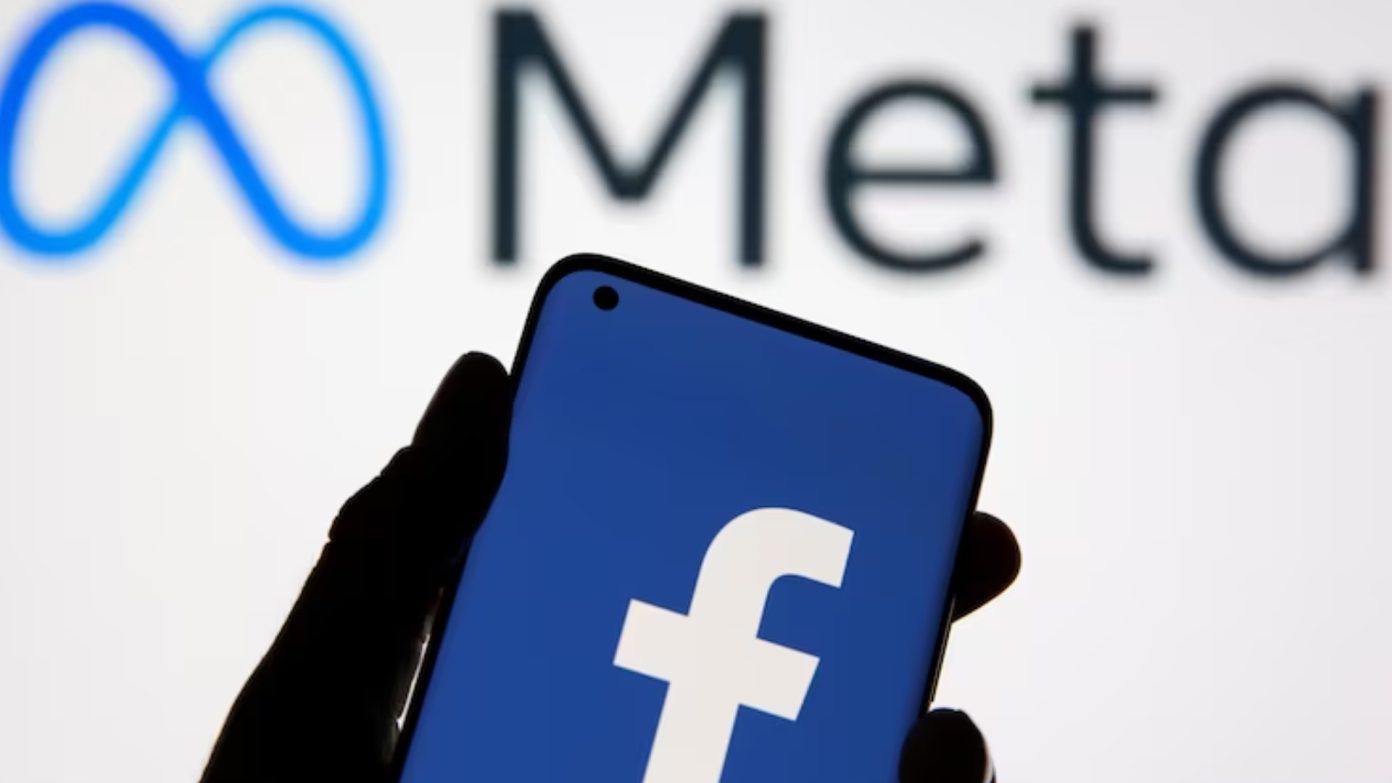In 2020 the Scott Morrison government began drafting the News Bargaining Code — the first of its kind. The code was intended to address the imbalance in bargaining power between Australian news media and tech giants including Meta and its subsidiary, Facebook. The code requested Facebook pay Australian news publishers for their content and provide publishers with important platform updates like changes to news rankings, feed updates, or search algorithm developments.
On March 1st, Meta announced to Australian news publishers that the company would be withdrawing from the code upon the contract’s expiry this year — halting payment deals and refusing renewal negotiations, putting the fate of Australia’s digital news industry now weighing in the balance. Facebook has said users will no longer have access to the separate tab feature Facebook News but has supposedly committed to not blocking access to Australian media.
The initial News Bargaining Code had undergone several amendments and negotiations over the past three years to secure Facebook cooperation whilst news platforms like ABC, Seven West Media, Nine Entertainment, The Guardian, and The Daily Aus continued to experience the oscillating consequences of reversed digital regulations.
The 2020 bargaining code emerged from the Australian Competition and Consumer Commission (ACCC) digital inquiry report into how large search engines like Google and social media platforms like Facebook impact advertising, and specifically news marketing.
The report made many recommendations for competition law, identified imbalances in market power versus news media businesses, and proposed rectifications to data privacy and policy regulation on platforms. The imbalance in market power for news media business was the first recommendation to be addressed by the code, and in 2020 the Australian government asked for a mandatory code of conduct to be developed. The government said the deals of the bargaining code were predicted to provide at least $200 million to Australian media outlets — an unprecedented aid to labour forces and combating the disproportionate market power that has been stifling platforms for decades.
Initially, Facebook did not support the legislation, and in a 2020 media release stated that it would “reluctantly stop allowing publishers and people in Australia from sharing local and international news on Facebook and Instagram” citing the Australian government’s actions as one that “defies logic.”
Facebook claimed providing news platforms access to application updates and algorithmic updates gave an “unfair advantage” in light of other content creators and businesses not having access.
As a result, for a period in February 2021, Facebook pulled news from Australian feeds entirely and restricted user navigations and link usage; demonstrating only a fraction of the control the tech giant could exercise over Australian media.
In Facebook’s 2021 removal period, Honi Soit joined the list of student media outlets whose posts were blocked and buried, like Farrago (University of Melbourne), Vertigo (University of Technology Sydney), and Woroni (Australian National University). During the coverage of the unfolding legislation, Honi Soit found the negative impact on student media to be extensive as “most student media in the past few decades has been either reducing print editions to focus on online content or relying solely on online platforms.”
Facebook’s Goliath-like behaviour has returned and now Australian media organisations could face significant profit losses, job insecurity and a restricted media landscape. Now, Facebook will not pay organisations, place restrictions on publishing and alter news access.
Now, Minister for Communications, Michelle Rowland and assistant treasurer, Stephen Jones, are working on reviving the code. Jones labelled Meta’s actions as “a dereliction of its responsibility to Australia” and told the Financial Review that the Australian government “resolve to back Australian journalism.”
The assistant treasurer is now attempting to designate certain platforms like Facebook in order for them to be held under obligation of the code. The Treasurer was unable to do so in 2021, and instead enforced voluntary commercial agreements with a number of Australian media organisations. This new designation must consider the role Facebook plays in sustaining Australian journalism and news marketing.
In essence, there is no “where to next” to cushion this narrative. Meta’s unwillingness to return to the negotiation table places media platforms of all kinds in a vulnerable position as Australia awaits their fate — a fate held in inexorable and indifferent hands.





